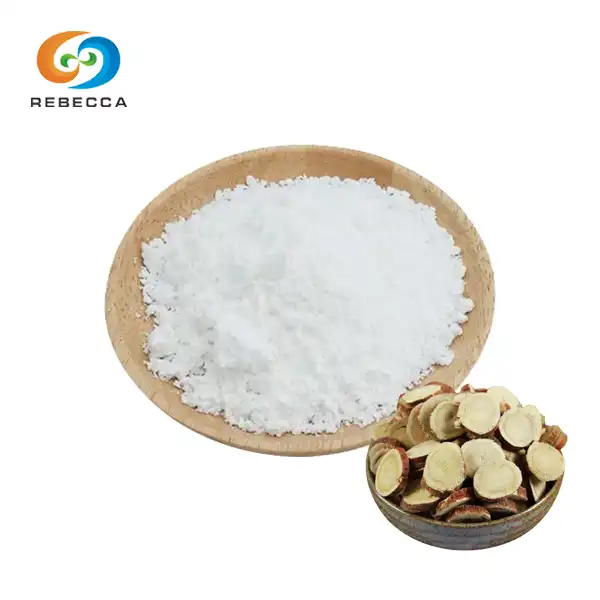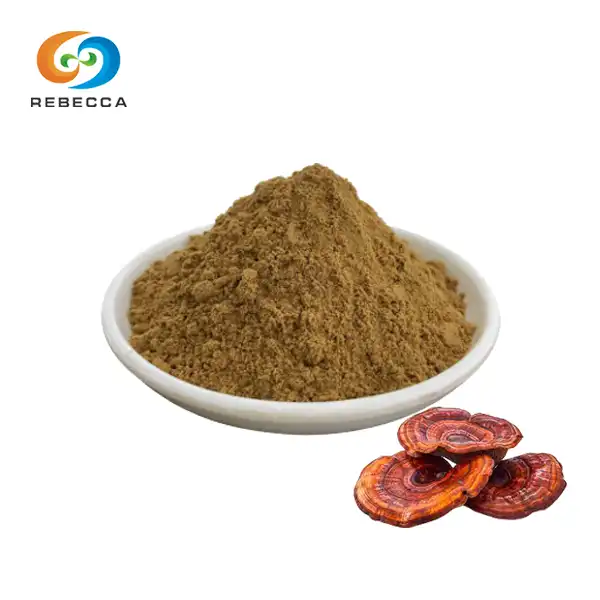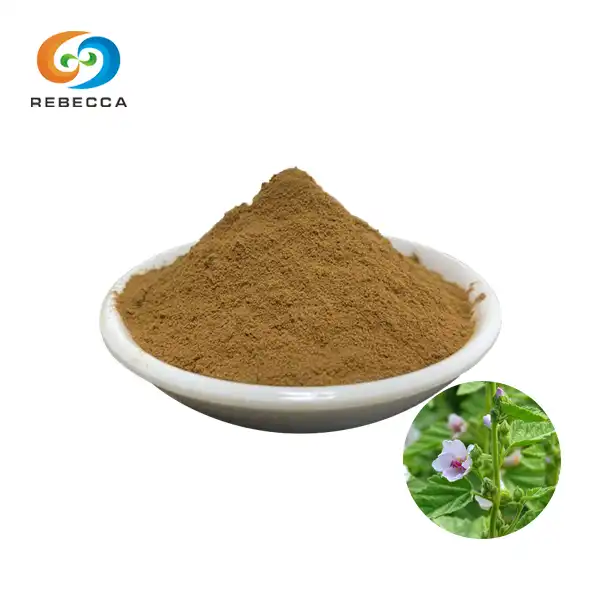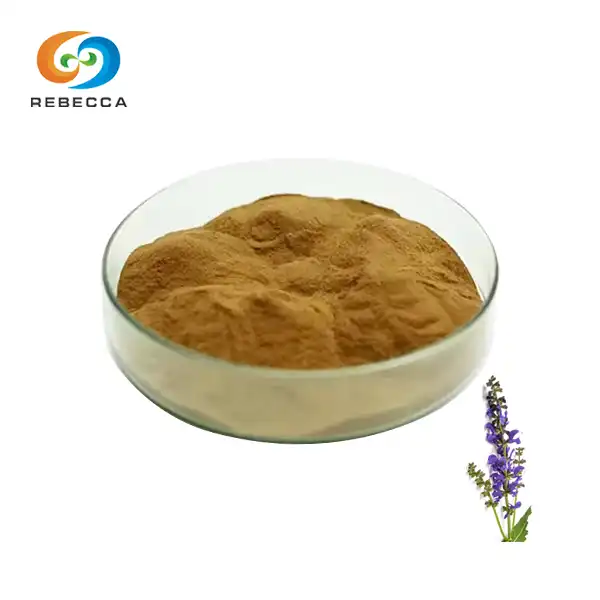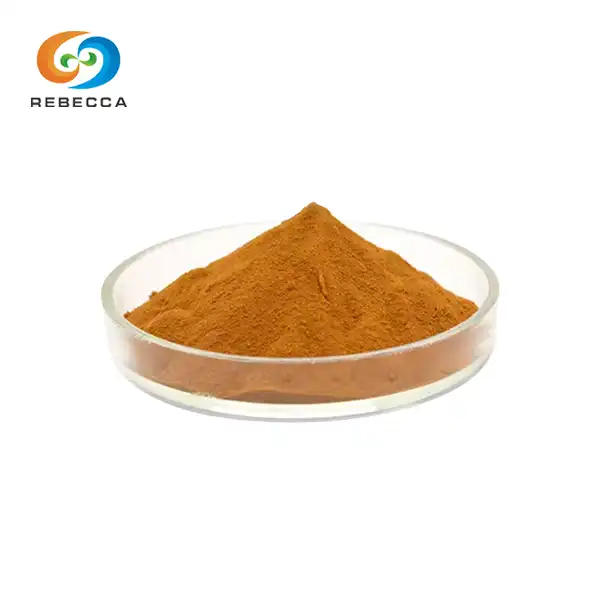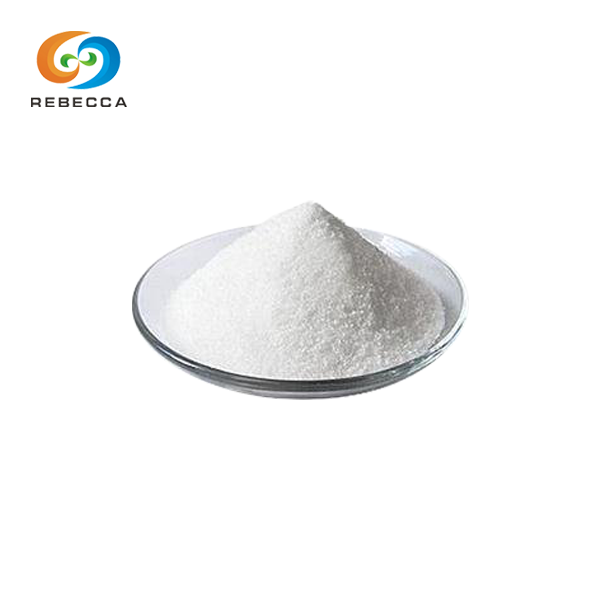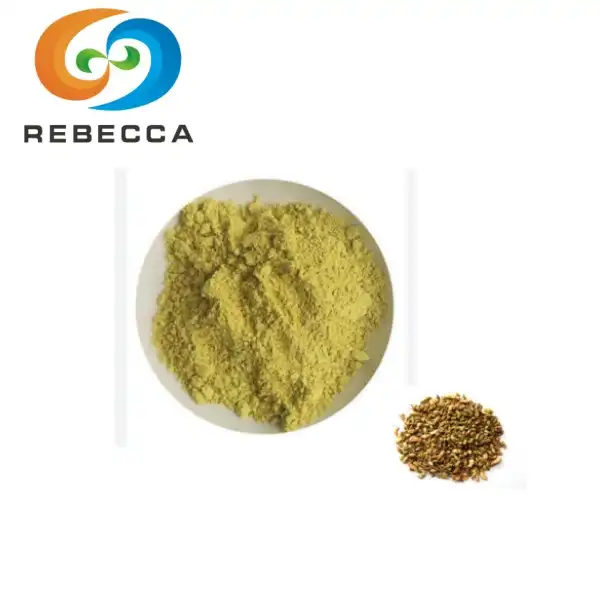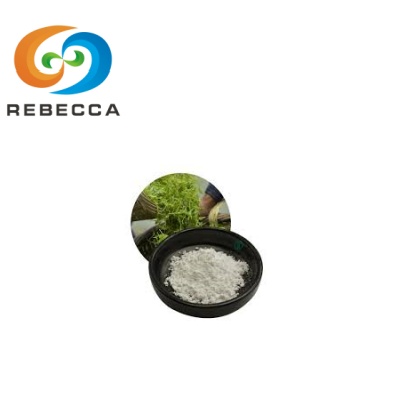How to use ectoine for hair?
ectoine,also known as ectoin,CAS 96702-03-3, is a natural compound that has been gaining attention in the hair care industry for its impressive benefits. This small molecule, originally discovered in microorganisms living in extreme environments, has shown remarkable potential in improving hair health and appearance.
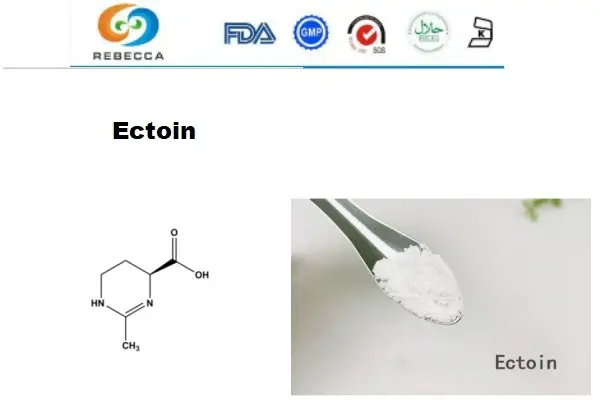
One of its benefits for hair is its ability to enhance hydration. it acts as a powerful humectant, attracting and retaining moisture within the hair shaft. This increased hydration can lead to softer, more manageable hair that is less prone to breakage. For those struggling with dry, brittle hair, incorporating ectoin into their hair care routine may provide much-needed relief.
In addition to boosting hydration, it can help reduce frizz - a common hair concern for many. By improving the hair's moisture balance, it helps smooth the cuticle, resulting in sleeker, more controlled hair. This can be particularly beneficial for those with curly or wavy hair types that are prone to frizz in humid conditions.

Another significant advantage is its protective properties. Research has shown that ectoine can enhance hair's resistance to both heat and UV radiation. In today's world, where heat styling tools and sun exposure are common culprits of hair damage, this protective quality is invaluable. it forms a protective barrier around the hair shaft, helping to shield it from the harmful effects of heat styling and environmental stressors.
Furthermore, ectoin has been found to improve overall hair quality. Regular use of ectoine-infused products can lead to stronger, more resilient hair that is less prone to damage and breakage. This can result in healthier-looking hair with improved shine and texture.
It's important to note that while ectoin offers numerous benefits, it works best as part of a comprehensive hair care routine. Combining ectoine-containing products with other nourishing ingredients and proper hair care practices can maximize its effectiveness and lead to optimal results.
How To Find Ectoine In Hair Care Products?
As ectoin powder gains popularity in the hair care industry, more and more products are incorporating this beneficial ingredient. However, finding ectoine in hair care products requires some knowledge and attention to detail. Here are some tips to help you identify ectoine-containing products:
First and foremost, check the ingredient list on the product packaging or website. it may be listed under various names, including its scientific name "1,4,5,6-Tetrahydro-2-methyl-4-pyrimidinecarboxylic acid" or simply as " ectoin." Some products may highlight ectoine as a key ingredient on the front label, making it easier to spot.
It is commonly found in leave-in conditioners, deep conditioning treatments, and hair masks. These products are designed to provide intense hydration and nourishment, making them ideal vehicles for its moisturizing properties. Look for products that promise deep hydration, frizz control, or protection against environmental stressors, as these are likely to contain ectoin or similar ingredients.

Hair serums and oils are another category where you might find ectoine. These concentrated products are formulated to deliver potent ingredients directly to the hair, making them effective carriers for ectoin powder's benefits.
Some heat protectant sprays and styling products may also incorporate ectoine due to its heat and UV-protective properties. If you frequently use heat styling tools or spend a lot of time outdoors, these products can be particularly beneficial.
When shopping for ectoin -containing hair care products, consider looking for brands that specialize in natural or science-backed ingredients. These companies are more likely to utilize innovative ingredients like ectoine in their formulations.
How To Apply Hair Care Products Containing Ectoine?
Applying hair care products containing ectoin correctly is crucial to maximize their benefits. The application method may vary depending on the specific product type, but there are some general guidelines to follow:
For conditioners and hair masks containing ectoin, start by thoroughly washing your hair with a gentle shampoo. Squeeze out excess water from your hair, as overly wet hair can dilute the product and reduce its effectiveness. Apply a generous amount of the ectoin-infused conditioner or mask, focusing on the mid-lengths and ends of your hair where moisture is needed most. Use your fingers or a wide-toothed comb to distribute the product evenly.
Allow the product to sit on your hair for the recommended time - usually between 3 to 5 minutes for regular conditioners, and up to 20 minutes for intensive hair masks. This waiting period allows the ectoin and other beneficial ingredients to penetrate the hair shaft. For an extra boost, you can cover your hair with a shower cap and apply gentle heat with a hairdryer to enhance absorption.
After the waiting period, rinse your hair thoroughly with cool water. Cool water helps to seal the hair cuticle, locking in the moisture and nutrients provided by the ectoin-containing product.
For leave-in products like serums or sprays containing ectoine, apply to damp, towel-dried hair. Start with a small amount and focus on the mid-lengths and ends, avoiding the roots to prevent greasiness. If your hair is particularly dry or damaged, you can apply a bit more product, but be careful not to overload your hair.
When using heat protectant products with ectoin, apply evenly to damp hair before using any heat styling tools. This ensures that your hair is protected from heat damage while also benefiting from its hydrating properties.
Consistency is key when using ectoine-infused hair care products. For best results, incorporate these products into your regular hair care routine. Depending on your hair type and needs, you might use a deep conditioning treatment once a week, while using a leave-in conditioner or serum more frequently.
Remember, everyone's hair is different, so you may need to experiment to find the right application method and frequency that works best for your hair type and concerns. Pay attention to how your hair responds and adjust your routine accordingly.
Does Ectoine Help Sensitive Scalp?
Yes, ectoine can indeed be beneficial for those with sensitive scalps. The properties that make ectoin effective for hair care also contribute to its potential in soothing and protecting sensitive skin, including the scalp.
Its primary function is as an osmoprotectant, meaning it helps cells retain water and maintain their structure under stressful conditions. This property can be particularly beneficial for sensitive scalps, which are often prone to dryness, irritation, and inflammation.
For individuals with sensitive scalps, ectoine can help in several ways. Firstly, its hydrating properties can help combat dryness, which is often a trigger for scalp sensitivity. By improving moisture retention in the skin cells of the scalp, ectoin can help maintain a healthy moisture balance, reducing itchiness and flakiness associated with dry scalp conditions.

Moreover, it has been shown to have anti-inflammatory properties. This can be particularly helpful for sensitive scalps that are prone to redness, irritation, or conditions like seborrheic dermatitis. By calming inflammation, ectoine may help reduce discomfort and promote a healthier scalp environment.
Research has also indicated that ectoin can help strengthen the skin barrier function. A strong skin barrier is crucial for protecting against external irritants and maintaining overall skin health. For sensitive scalps, this improved barrier function can mean less reactivity to potential irritants in hair care products or environmental factors.
Additionally, its protective properties extend to defending against UV radiation and other environmental stressors. This can be beneficial for sensitive scalps that may be more susceptible to damage from sun exposure or pollution.
When using ectoin -containing products for a sensitive scalp, it's important to choose gentle, fragrance-free formulations to minimize the risk of further irritation. As with any new product, it's advisable to do a patch test before applying it to your entire scalp, especially if you have a history of allergic reactions.
Rebecca Ectoine
Rebecca Ectoine is a notable player in the market, known for its high-quality powder products. The company stands out for its commitment to producing top-tier ectoin with exceptional purity levels.
One of the key features of Rebecca is their direct factory supply of ectoin powder with a purity of 99%. This high level of purity is crucial for ensuring its effectiveness in various applications, including hair care products. The purity of an ingredient can significantly impact its performance, making Rebecca ectoin powder's offering particularly appealing to manufacturers of premium hair care products.

For cosmetic and hair care companies looking to incorporate high-quality ectoine into their formulations, Rebecca ectoin powder presents a reliable option. Their direct factory supply model can potentially offer benefits such as consistent quality, reliable supply chain, and possibly more competitive pricing due to the elimination of intermediaries.
For consumers, while you won't be purchasing ectoin directly from Rebecca, you may find their high-purity ectoin powder in various hair care products on the market. When shopping for ectoin -infused hair care items, you might consider looking for products that specify the use of high-purity products in their formulations.
For further information about Rebecca ectoin and their products, interested parties can reach out directly to the company at information@sxrebecca.com. This could be particularly useful for hair care companies looking to source high-quality ectoin powder for their product lines.
References
1. Kunte, H. J., Lentzen, G., & Galinski, E. A. (2014). Industrial production of the cell protectant ectoine: protection mechanisms, processes, and products. Current biotechnology, 3(1), 10-25.
2. Graf, R., Anzali, S., Buenger, J., Pfluecker, F., & Driller, H. (2008). The multifunctional role of ectoine as a natural cell protectant. Clinics in dermatology, 26(4), 326-333.
3. Buenger, J., & Driller, H. (2004). Ectoin: an effective natural substance to prevent UVA-induced premature photoaging. Skin Pharmacology and Physiology, 17(5), 232-237.
4. Bownik, A., & Stępniewska, Z. (2016). Ectoine as a promising protective agent in humans and animals. Arhiv za higijenu rada i toksikologiju, 67(4), 260-265.
5. Galinski, E. A., & Oren, A. (1991). Isolation and structure determination of a novel compatible solute from the moderately halophilic purple sulfur bacterium Ectothiorhodospira marismortui. European Journal of Biochemistry, 198(3), 593-598.
